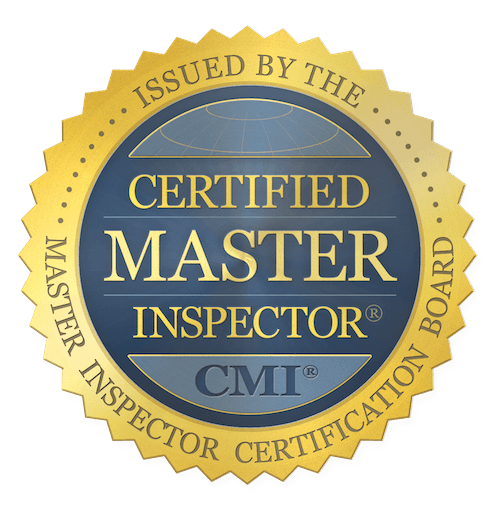Moisture Problems in Your Home: Causes, Effects, and Prevention
Moisture is a common problem in homes, and it can lead to a variety of issues, including mold growth, structural damage, and health problems. In this blog, we will discuss the causes, effects, and prevention of moisture problems in your home.
Introduction
Moisture is a major problem in many homes. It can lead to mold growth, structural damage, and health problems. In this blog, we will discuss the causes, effects, and prevention of moisture problems in your home.
Causes of Moisture Problems
There are a number of things that can cause moisture problems in homes, including:
- Water leaks: Leaks from pipes, roofs, and appliances can cause significant moisture problems. For example, a leaky pipe in the basement can cause water damage to the foundation and flooring.
- Condensation: When warm, humid air meets cold surfaces, condensation can form. This can happen in areas like bathrooms, kitchens, and basements. For example, condensation can form on windows and mirrors in the bathroom after a shower.
- Groundwater: Groundwater can seep into basements and crawl spaces, causing moisture problems. For example, if your home is located in a floodplain, you are at risk for groundwater seepage.
- Poor ventilation: Poor ventilation can lead to buildup of moisture in the air, which can contribute to mold growth. For example, if your home does not have good ventilation, moisture can build up in the air, which can lead to mold growth.
Effects of Moisture Problems
Moisture problems can have a number of negative effects on your home, including:
- Mold growth: Mold is a type of fungus that can grow in moist environments. Mold can cause health problems, such as respiratory problems, allergies, and asthma. For example, exposure to mold can cause respiratory problems, such as coughing, wheezing, and shortness of breath.
- Structural damage: Moisture can weaken building materials, leading to structural damage. For example, mold can weaken the foundation of your home, which can lead to cracks in the walls and floors.
- Increased energy costs: Moisture can make it harder to heat and cool your home, leading to increased energy costs. For example, if your home has a lot of moisture, you may need to run your furnace or air conditioner more often, which can increase your energy bills.
- Decreased property value: Moisture problems can decrease the value of your home. For example, if a buyer finds mold in your home, they may be less likely to offer you a high price for your home.
Preventing Moisture Problems
There are a number of things you can do to prevent moisture problems in your home, including:
- Fix leaks: If you have a water leak, fix it as soon as possible. For example, if you notice a leak in your roof, call a roofer to fix it as soon as possible.
- Ventilate your home properly: Make sure your home has adequate ventilation to prevent buildup of moisture in the air. For example, open windows and doors regularly to let fresh air in.
- Use dehumidifiers: Dehumidifiers can help to reduce the humidity in your home, which can help to prevent mold growth. For example, if you live in a humid climate, you may want to consider using a dehumidifier in your home.
- Seal up cracks and gaps: Seal up any cracks or gaps in your home’s foundation, walls, and windows to prevent moisture from entering. For example, caulk around windows and doors to prevent moisture from seeping in.
- Raise appliances off the floor: Raising appliances off the floor can help to prevent water damage from leaks. For example, if you have a washer and dryer in your basement, raise them off the floor on blocks to prevent water damage from leaks.
- Clean up spills immediately: Clean up any spills immediately to prevent moisture from soaking into surfaces. For example, if you spill water on the floor, wipe it up immediately to prevent moisture from soaking into the floorboards.
Conclusion
Moisture problems are a common problem in homes, but they can be prevented and fixed. By following the tips in this blog, you can help to keep your home dry and free of moisture problems.
Recommendation for Home Inspection
If you are unsure whether you have a moisture problem in your home, it is a good idea to have a home inspection performed. A home inspector will be able to identify any moisture problems in your home and recommend the best course of action to remedy them. Contact us with any questions or to schedule an inspection

